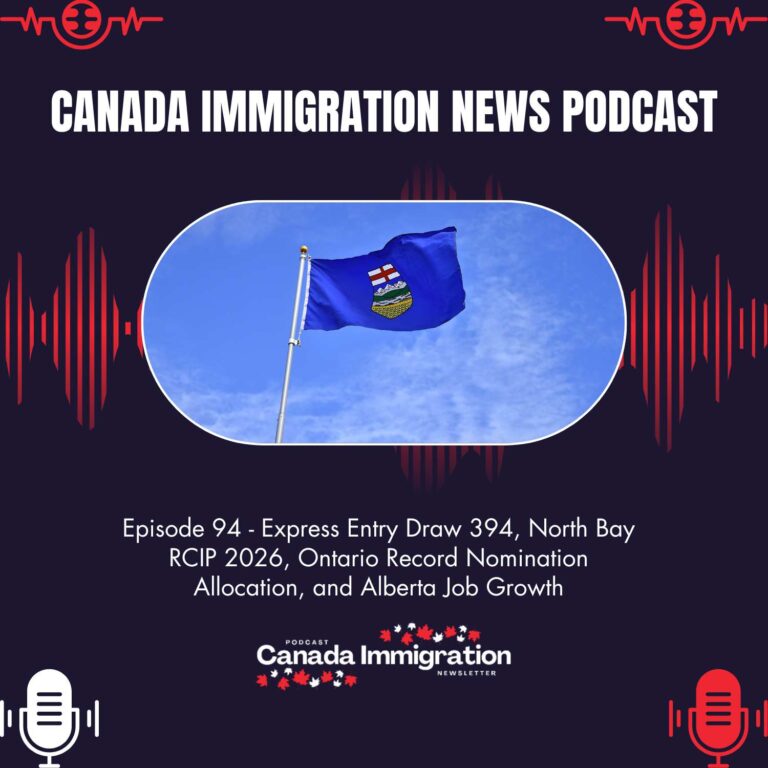Immigration Announcement
Critics Question Canada Immigration System After Thousands of Criminal Convictions Forgiven

Over the past decade, Canada has granted forgiveness to more than 17,500 foreign nationals with criminal records, quietly clearing the path for them to enter or stay in the country. While this may reflect Canada Immigration System and philosophy, it has ignited serious concerns around transparency and public safety. With rehabilitation powers under IRCC, immigration officers and ministers have authorized thousands of foreign applicants to move forward with work, study, or permanent residency applications—despite past criminal convictions.
What Does Rehabilitation Mean in Canada Immigration System?
In Canadian immigration law, a foreign national with a past conviction is considered inadmissible. However, if five or more years have passed since the sentence was completed, individuals may apply for rehabilitation.
Once approved, they may become eligible to:
- Visit Canada
- Apply for a study or work permit
- Seek permanent residence
Between 2013 and 2024, 17,600 individuals were approved for rehabilitation, with 1,505 cases cleared in 2023 alone. Only 70 applicants were denied that year.
The Problem – No Transparency Around Crimes Forgiven
The core controversy lies in the lack of public data. IRCC has not released the nature or severity of the offenses it has forgiven, leaving the public and Parliament in the dark. Critics say that while some cases may involve minor or politically charged offenses, others could be more serious. Without disclosure, it’s impossible to tell.
“We need to know what kinds of crimes are being forgiven,” said Conservative MP Michelle Rempel Garner.
“Some decisions may be justifiable—but others may not.”
Who’s Deciding? A Tiered and Opaque System
Approval authority depends on the type of crime:
- Less serious convictions: Assessed by IRCC officers.
- Serious cases: Referred to the Minister of Immigration for final decision.
Officers are expected to evaluate:
- Time since conviction
- Number and severity of offences
- Applicant’s behavior since
- Evidence of rehabilitation and community support
Yet, none of these decisions are published or audited publicly.
Cross-Border Implications: U.S. Deportees Could Be Next in Line
The U.S. has intensified deportations of immigrants with criminal records under toughened legal rulings. This trend could result in some individuals targeting Canada as an alternative destination. Immigration experts warn that individuals admitted under rehabilitation may remain for years—even if later deemed inadmissible—due to lengthy appeals, legal barriers, or humanitarian considerations.
Canada’s Immigration System Integrity at Stake
While Canada rightly provides second chances, the public has a right to understand how these decisions are made. The Canada immigration system must find the balance between compassion and caution, especially when security and trust are involved. With rising global migration and shifting deportation policies, the system must evolve—but it must also remain transparent.
Rehabilitation is an essential part of immigration policy—but its application must be clear, consistent, and visible to the public. The decision to forgive a past crime shouldn’t come at the cost of accountability. For a system built on fairness and safety, transparency is no longer optional—it’s urgent.
























